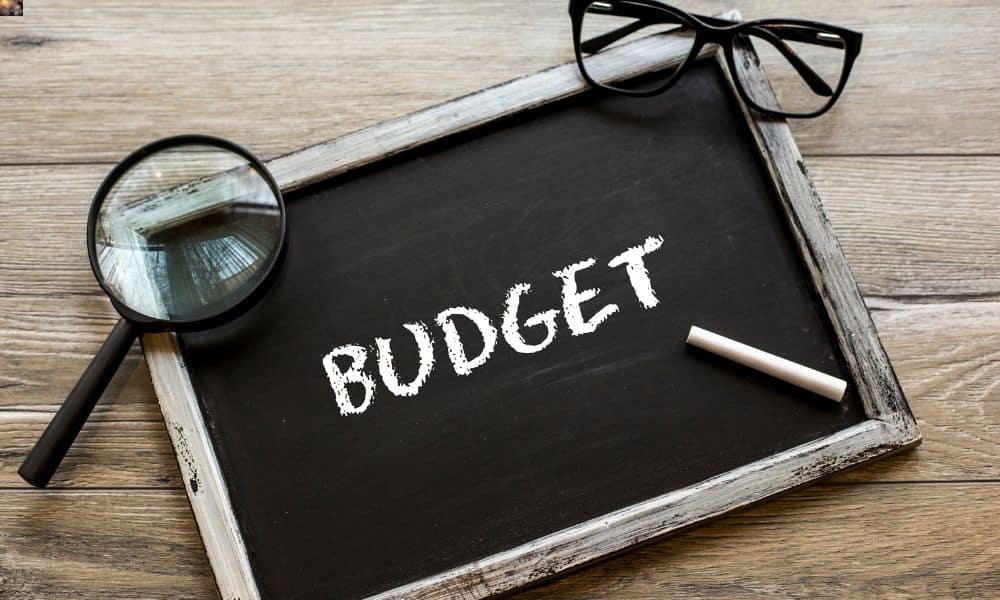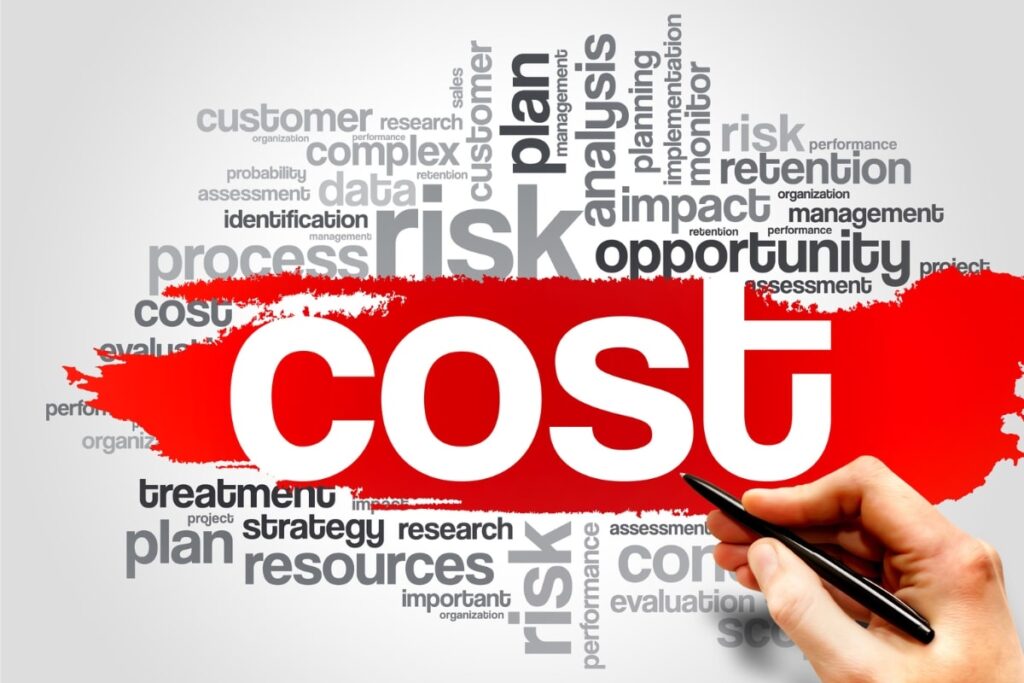Student loan debt has become a widespread financial burden for many individuals pursuing higher education. Beyond the financial strain, it can have a profound psychological impact, affecting mental health, well-being, and even life choices. In this article, we’ll delve into the emotional toll of student loan debt and provide guidance for managing it. We’ll also discuss ways to have student loans forgiven and how to seek assistance if you’re eligible.
The Emotional Toll of Student Loan Debt
- Anxiety and Stress: The weight of student loan debt can lead to chronic anxiety and stress. The fear of monthly payments, compounded interest, and potential financial hardship can be overwhelming.
- Depression: Student loan debt can contribute to depression due to the perceived hopelessness of the situation. Also, the burden may hinder one’s ability to enjoy life or make progress on personal goals.
- Impact on Life Choices: Many individuals with student loans feel restricted in their life choices. Also, they may delay major life events like buying a home, starting a family, or pursuing a career they’re passionate about.
Strategies for Coping with Student Loan Debt
- Budget Wisely: Create a comprehensive budget to manage your finances. Prioritize paying down student loans, but also allocate funds for essential expenses and savings.
- Income-Driven Repayment Plans: Investigate income-driven repayment plans that adjust your monthly payment based on your income and family size. Thus, these plans make your payments more manageable.
- Consolidation and Refinancing: Explore options for loan consolidation or refinancing, which can potentially lower interest rates or combine multiple loans into a single payment.
- Seek Support: Reach out to a therapist or counselor to address the emotional impact of student loan debt. Also, discussing your concerns and stressors with a professional can provide emotional relief.
- Public Service Loan Forgiveness (PSLF): If you work in a public service job, you may be eligible for PSLF. After 10 years of qualified payments, the remaining balance of your federal student loans could be forgiven.
- Loan Forgiveness Programs: Investigate other loan forgiveness programs like Teacher Loan Forgiveness, Nurse Corps Loan Repayment, or Military Service Loan Forgiveness. Also, eligibility depends on your profession and service.
- Income-Based Repayment (IBR) Forgiveness: If you have an IBR plan, your loans may be forgiven after 20-25 years of qualifying payments, depending on the plan and when you borrowed the money.
Conclusion
Student loan debt can have a significant psychological impact, but with strategic financial planning, support, and exploration of forgiveness options, individuals can better manage their debt and alleviate some of the emotional stress it causes. Also, i’s crucial to remember that you’re not alone, and there are resources available to help you navigate the challenges of student loan debt.
If you or someone you know is looking to improve your health, share this article on Facebook or Twitter so that others can learn more about self-care.
Related Articles




